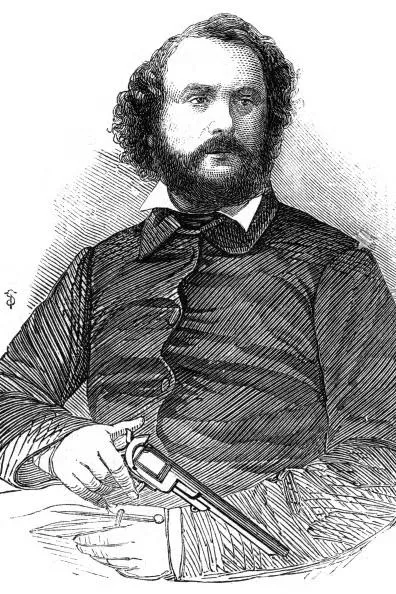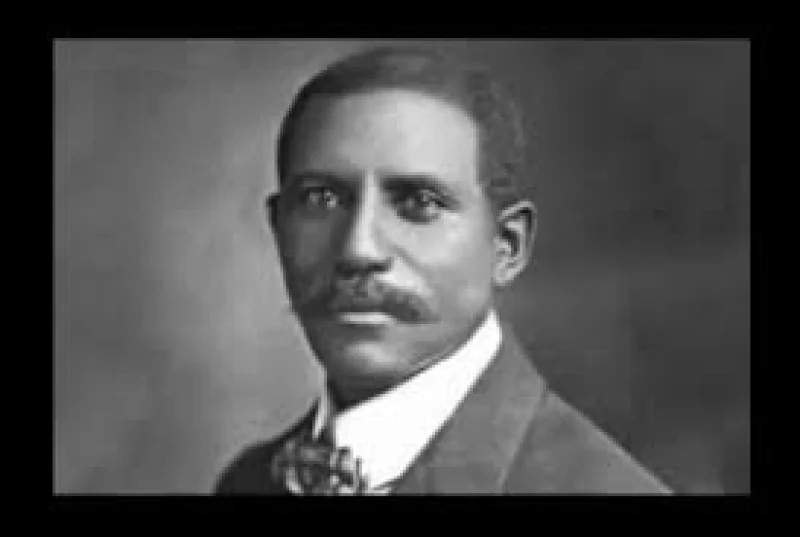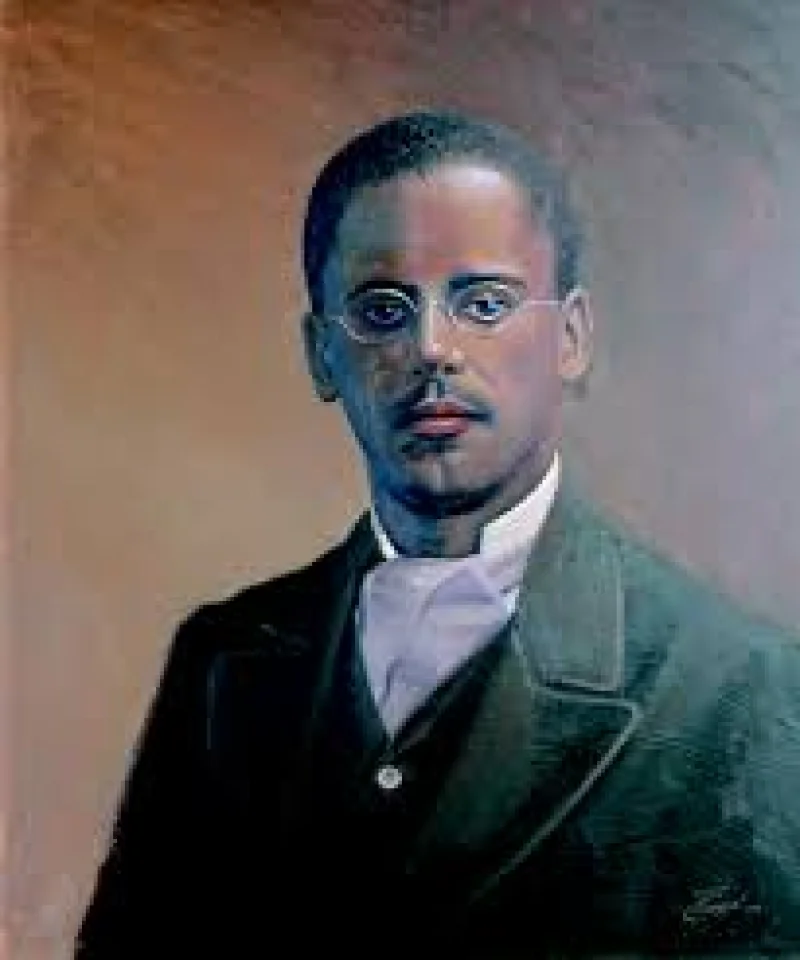Short Summary
John Dalton was a pioneering English scientist known for developing the modern atomic theory, which laid the groundwork for much of modern chemistry. Born in 1766, Dalton's innovative ideas on atomic weights and chemical reactions fundamentally transformed scientific understanding. Additionally, he made significant contributions to meteorology and optics, including research on color blindness, a condition he personally experienced. Dalton's work has had a lasting impact on science, making him a key figure in the history of chemistry.
Early Life & Education
John Dalton was born on September 6, 1766, in Eaglesfield, a small village in Cumberland, England. He was the son of a weaver and grew up in a Quaker family. His early education was informal, largely gleaned from the local Quaker school where he began teaching at the age of 12. By 15, Dalton had moved to Kendal to run a school with his brother. His interest in science was nurtured by John Gough, a blind philosopher who introduced him to meteorology and mathematics. This early exposure to scientific ideas laid a strong foundation for his future work.
Career Highlights
Dalton's career began in earnest when he moved to Manchester in 1793, where he became a teacher at New College. He published his first book, "Meteorological Observations and Essays," in 1793, which marked the start of his scientific endeavors. In 1803, he introduced his atomic theory, proposing that all matter is composed of atoms, which are indivisible and indestructible. This theory revolutionized chemistry, providing a new framework for understanding chemical reactions. Dalton also extensively studied gases and developed the law of partial pressures, known as Dalton's Law, further establishing his reputation as a leading scientist.
Major Achievements
- Developed the atomic theory, revolutionizing the understanding of chemical reactions and matter.
- Formulated Dalton's Law of Partial Pressures, enhancing the study of gases.
- Conducted pioneering research on color blindness, leading to the condition's alternate name, Daltonism.
- Published "A New System of Chemical Philosophy," which detailed his atomic theory.
- Contributed extensively to meteorology, recording over 200,000 weather observations.
Famous Quotes
- "Matter, though divisible in an extreme degree, is nevertheless not infinitely divisible."
- "I have chosen the chemical atoms, which I consider to be the measure of the quantity of matter."
Interesting Facts
- Dalton was color blind and studied the condition, leading to the term "Daltonism."
- He recorded daily weather observations for over 57 years.
- Dalton's atomic model was initially met with skepticism but later gained widespread acceptance.
- He never married and lived a modest life dedicated to science.
- Dalton's contributions were recognized by his election to the Royal Society in 1822.
Legacy / Influence
John Dalton's legacy is enduring, with his atomic theory forming the cornerstone of modern chemistry and physics. His ideas on atomic weights and chemical combinations remain integral to scientific study. Dalton's work continues to influence contemporary research, demonstrating the profound and lasting impact he had on the sciences. His contributions to understanding gases and color blindness also highlight his diverse scientific interests and influence.
FAQ
Q: Why is John Dalton famous?
A: Because of his development of the modern atomic theory and contributions to chemistry and meteorology.
Q: What condition did Dalton study due to personal experience?
A: Dalton studied color blindness, which he himself had, leading to it being called Daltonism.
Q: What is Dalton's Law?
A: Dalton's Law of Partial Pressures states that the total pressure of a gas mixture is equal to the sum of the partial pressures of each individual gas.
Q: Did Dalton receive any formal scientific training?
A: No, Dalton was largely self-taught and received informal education through local Quaker schools and mentorship.













